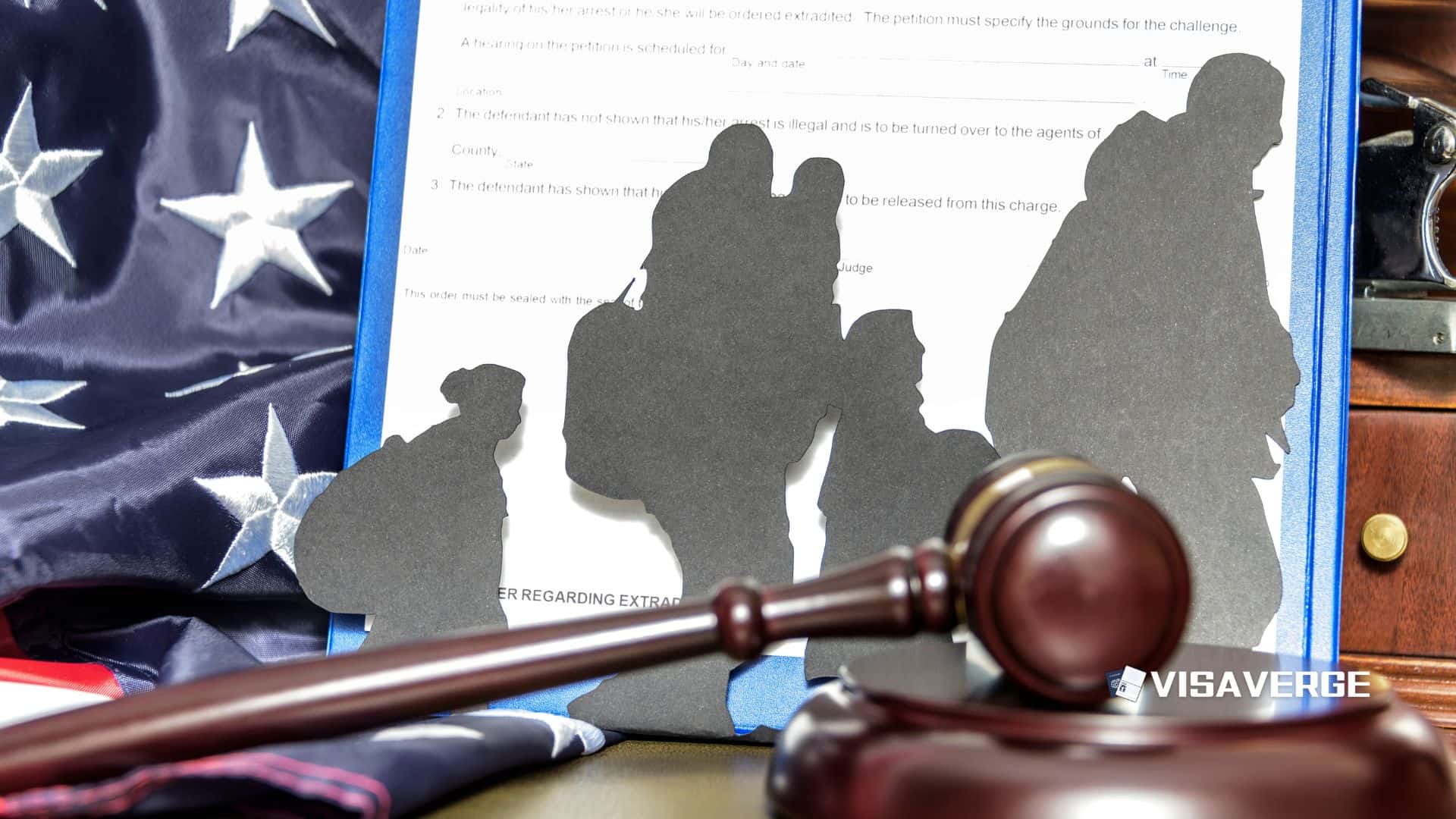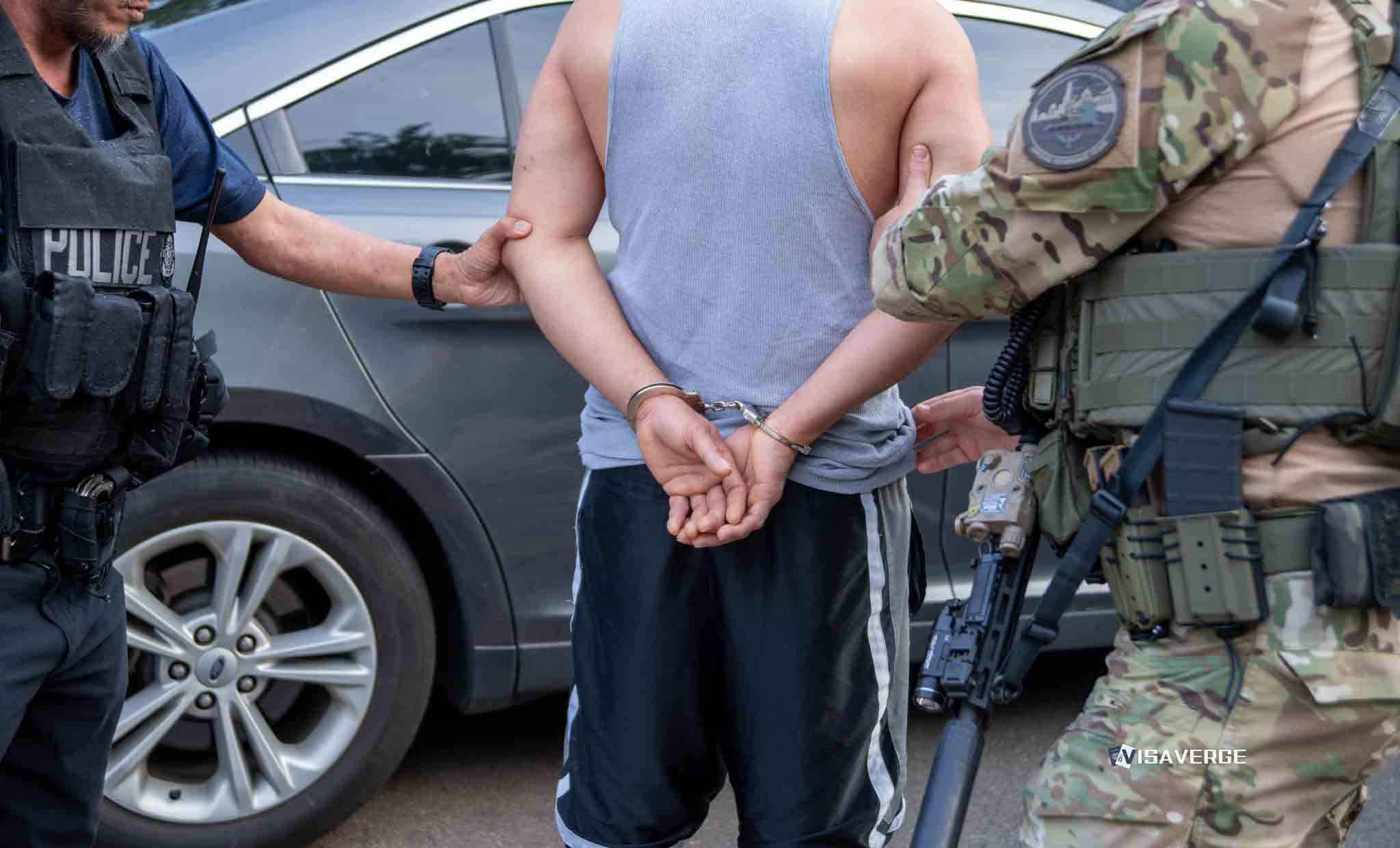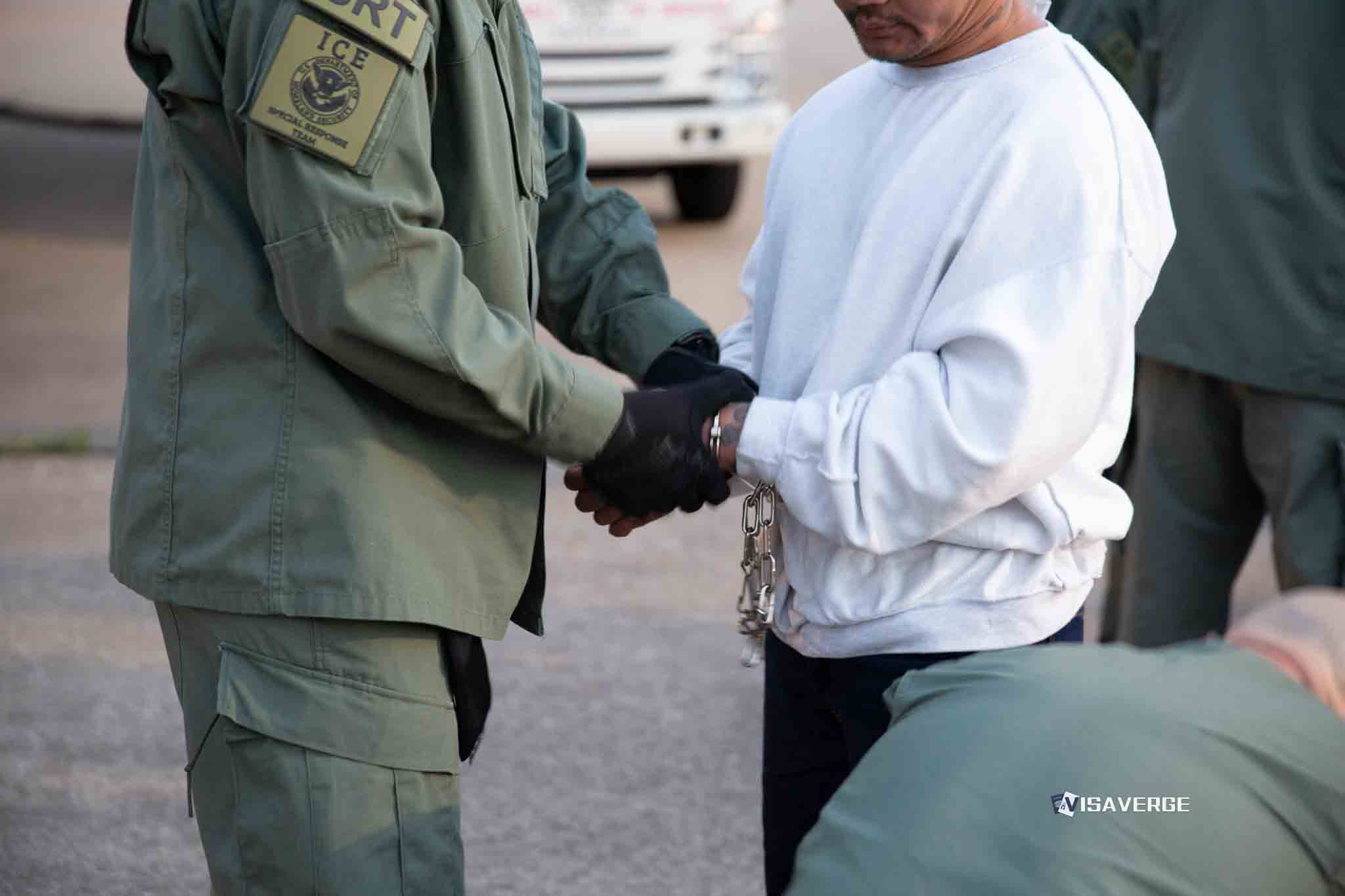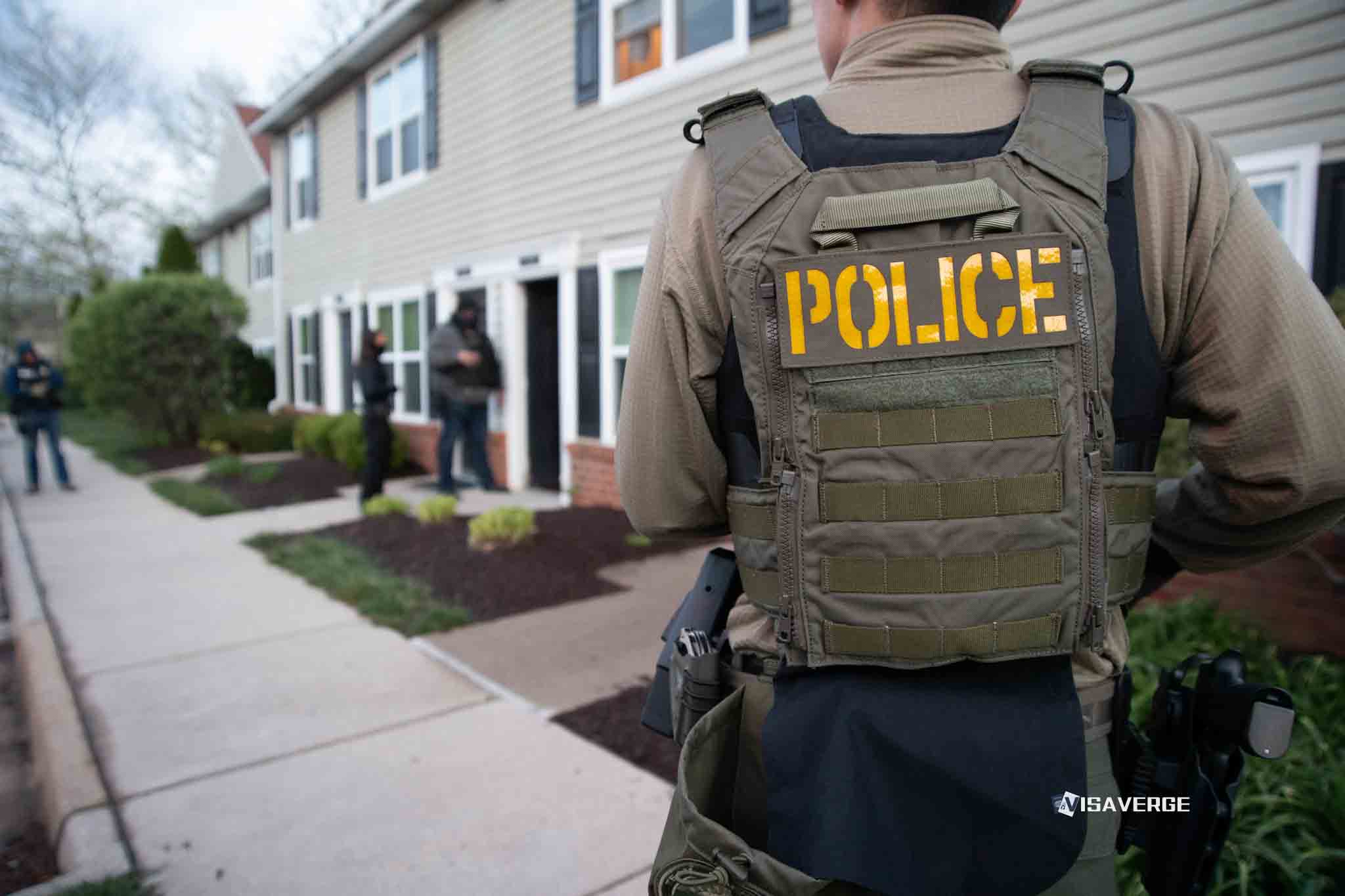Bishop Mark E. Brennan of the Diocese of Wheeling-Charleston issued a strong warning on July 31, 2025, about the moral and spiritual risks of harsh immigration enforcement in West Virginia. His statement comes as state and federal officials increase efforts to detain and deport immigrants, raising concerns about family separation and the treatment of law-abiding people.
Bishop Brennan’s message urges everyone in West Virginia, especially those involved in immigration enforcement, to “affirm the humanity of all immigrants, regardless of legal status.” He stresses that people must “pray for the courage to do the right thing,” reminding them that “the final judge of our actions is God.” This call for compassion and personal responsibility stands out as immigration policies become stricter across the United States 🇺🇸.
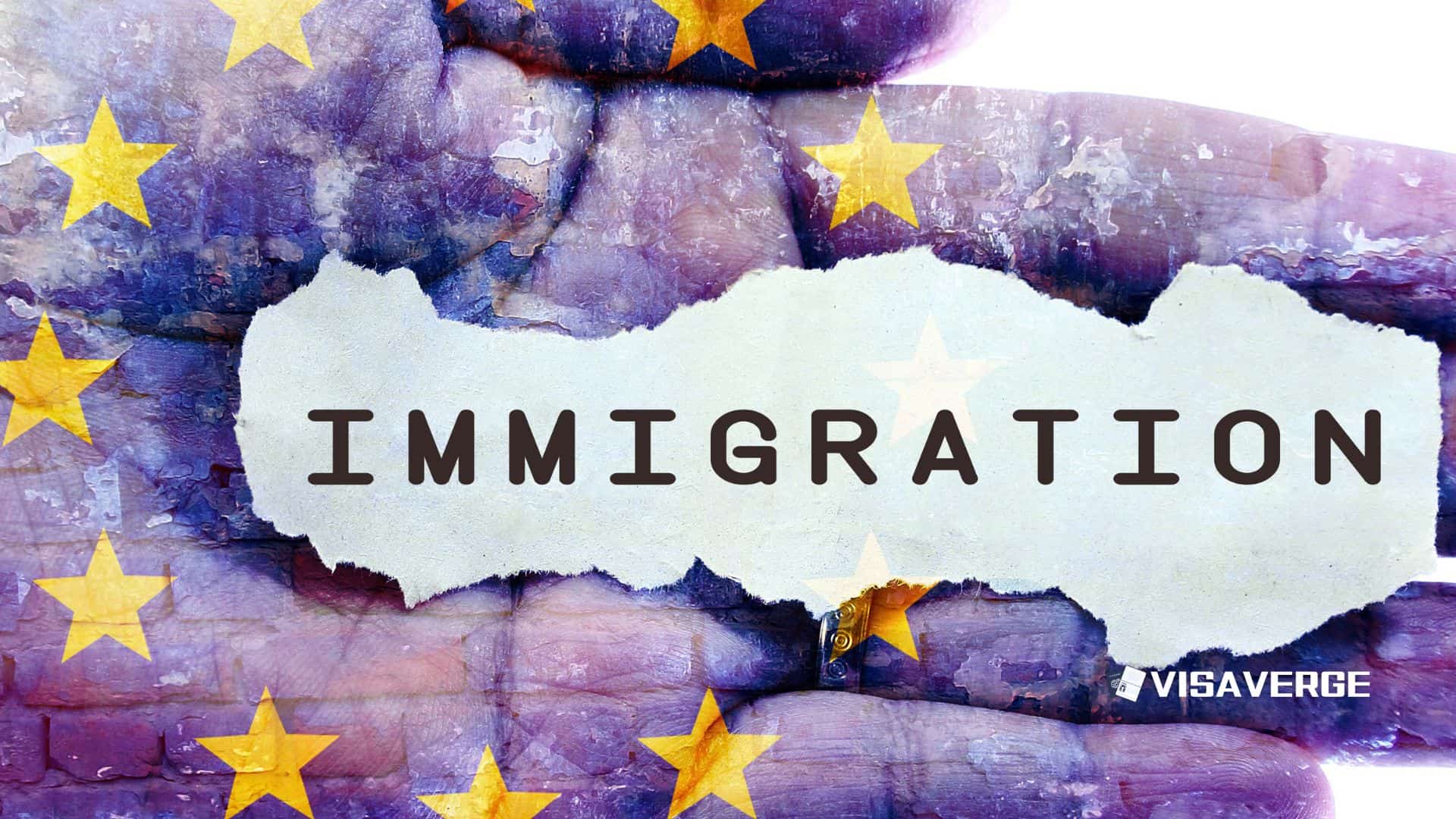
Key Points from Bishop Brennan’s Statement
- Bishop Brennan criticizes federal policies that lead to mass deportations, often without separating criminals from law-abiding immigrants.
- He draws historical comparisons to the Fugitive Slave Act and the Nuremberg trials, emphasizing that following unjust orders does not excuse harmful actions.
- The bishop asks how God would judge actions that break up families or target people based on their appearance.
- He calls for compassion, prayer, and advocacy for immigrants, in line with Catholic teaching.
Bishop Brennan’s statement comes at a time when immigration enforcement has become a top priority under President Trump’s administration. In January 2025, President Trump signed Executive Order 14159, “Protecting The American People Against Invasion.” This order expanded expedited removal procedures, increased staffing for Immigration and Customs Enforcement (ICE) and Customs and Border Protection (CBP), and allowed more state and local law enforcement to help with federal immigration enforcement through Section 287(g) agreements.
West Virginia’s Response to Federal Immigration Policies
West Virginia Governor Patrick Morrisey has fully supported these federal efforts. In January 2025, he issued an executive order directing state agencies to cooperate with ICE. The following month, he signed a letter of intent for West Virginia to join the 287(g) program. This program lets state correctional officers transport immigrants with criminal records to federal custody, even without direct ICE supervision, making deportations faster.
As of early 2025, at least 72 people in West Virginia had been detained for living in the country without legal permission. Many of these detentions happened quickly, with little chance for the individuals to challenge their removal.
Effects on Immigrant Communities
The increased enforcement has led to more immigration raids, detentions, and deportations in West Virginia. Families have been separated, and some people have been arrested based only on their appearance or minor legal issues. Bishop Brennan’s statement highlights the struggle between following immigration laws and respecting the dignity and unity of families.
Immigrant communities and advocacy groups in West Virginia report growing fear and uncertainty. Many families worry about being separated, even if they have lived peacefully in the state for years. Some children have seen their parents detained or deported, causing emotional distress and instability.
State Legislation: House Bill 3004
In addition to federal and executive actions, the West Virginia Legislature introduced House Bill 3004 in 2025. This bill aims to:
- Make illegal entry and reentry into West Virginia a state crime
- Set up court procedures for issuing deportation orders
- Give legal protection to officials who enforce these laws
If passed, this bill would make West Virginia’s immigration laws even stricter, matching the federal government’s tough stance. Supporters say it will improve public safety, but critics argue it could lead to more family separations and unfair treatment of immigrants who have not committed serious crimes.
Catholic and Broader Religious Perspectives
Bishop Mark E. Brennan is not alone in his concerns. Other Catholic bishops across the United States 🇺🇸 have also called for immigration policies that balance border security with respect for human dignity and family unity. They urge lawmakers to address the root causes of migration and to create fair, humane immigration laws through open discussion and new legislation.
The Catholic Church teaches that every person has dignity, no matter where they are from or their legal status. Church leaders encourage their communities to support immigrants, offer legal help, and speak out against policies that harm families or treat people unfairly.
Stakeholders and Their Roles
Several groups play important roles in West Virginia’s immigration situation:
- Bishop Mark E. Brennan: Advocates for compassion and justice for immigrants, challenging harsh enforcement.
- Governor Patrick Morrisey: Supports strict enforcement and state participation in federal programs like 287(g).
- U.S. Department of Homeland Security and ICE: Carry out federal immigration enforcement, including detentions and deportations.
- West Virginia state law enforcement: Work with federal agencies to enforce immigration laws.
- Immigrant communities and advocacy groups: Offer support, legal help, and push for humane treatment.
Practical Implications for Immigrants
For immigrants in West Virginia, the current enforcement environment means:
- Higher risk of detention and deportation, even for those without criminal records
- Limited legal options to challenge removal, especially under expedited procedures
- Increased fear and uncertainty for families, including U.S. citizen children
- Need for legal and community support from groups like Catholic Charities
Bishop Brennan and Catholic Charities continue to offer help to immigrants, including legal advice, emergency support, and advocacy for fair treatment.
Official Resources and Where to Get Help
People seeking more information or help can use these official resources:
- U.S. Immigration and Customs Enforcement (ICE) for details on enforcement policies and procedures
- Diocese of Wheeling-Charleston website and Facebook page for Bishop Brennan’s statements and community support
- West Virginia Governor’s office for executive orders and updates on state participation in federal programs
- West Virginia Legislature website for the text of House Bill 3004 and legislative news
Looking Ahead: The Future of Immigration in West Virginia
The strict immigration policies in West Virginia are likely to continue as long as current federal and state leaders remain in office. The debate between enforcing laws and protecting human dignity will remain a central issue. Bishop Brennan’s statement, along with similar calls from other religious leaders, suggests that advocacy for reform and compassion will continue within the Catholic community and beyond.
As reported by VisaVerge.com, the bishop’s warning highlights the need for ongoing discussion about how immigration laws affect real people and families. Many hope that future policies will better balance security with kindness and respect for all.
What Can You Do?
If you or someone you know is affected by these policies:
- Stay informed by checking official government and community websites
- Seek legal help from trusted organizations like Catholic Charities or local immigration attorneys
- Connect with advocacy groups for support and information about your rights
- Reach out to faith communities for emotional and spiritual support
By staying informed and connected, immigrants and their supporters can better face the challenges of a changing immigration landscape in West Virginia and the United States 🇺🇸.
This Article in a Nutshell










